FOR IMMEDIATE RELEASE
Contact: Meredith Raimondi
202-544-0344
mraimondi@ncuih.org
National Congress of American Indians (NCAI) Passes Resolution Urging the United States Congress to Reimburse Urban Indian Organizations Serving Veterans
With legislation from the US Congress, Urban Indian Organizations will be reimbursed for providing necessary services to AI/AN veterans living in urban centers.
Washington, DC (July 15, 2019)—The National Congress of American Indians (NCAI) has passed a resolution calling on the United States Congress to enact legislation requiring the Veterans Affairs Administration to reimburse Urban Indian Organizations (UIOs) for health care provided to American Indian and Alaska Native (AI/AN) veterans.
At the National Congress of American Indians (NCAI) Mid-Year Conference in Reno, Nevada, NCUIH leadership presented in support of this important resolution.
On July 15, 2019, the NCAI resolution was reported as having passed.
“We are grateful for NCAI and their ongoing leadership in ensuring that AI/AN veterans in urban areas are receiving access to the critical care they deserve as veterans and AI/ANs. Now, it is up to Congress to move forward in introducing legislation so our veterans in urban areas are no longer left behind,” said NCUIH Executive Director Francys Crevier.
“Honoring the IHS-VA MOU is important for me as an American Indian and a veteran. We hope this helps more urban Indian veterans get the care they need and are owed by this government,” said Andy Joseph, Jr., NCAI Health Subcommittee Chair and US Army Veteran.
Text of the Resolution
WHEREAS, we, the members of the National Congress of American Indians of the United States, invoking the divine blessing of the Creator upon our efforts and purposes, in order to preserve for ourselves and our descendants the inherent sovereign rights of our Indian nations, rights secured under Indian treaties and agreements with the United States, and all other rights and benefits to which we are entitled under the laws and Constitution of the United States and the United Nations Declaration on the Rights of Indigenous Peoples, to enlighten the public toward a better understanding of the Indian people, to preserve Indian cultural values, and otherwise promote the health, safety and welfare of the Indian people, do hereby establish and submit the following resolution; and
WHEREAS, the National Congress of American Indians (NCAI) was established in 1944 and is the oldest and largest national organization of American Indian and Alaska Native (AI/AN) tribal governments; and
WHEREAS, tribal nations have a unique government-to-government relationship with the United States; and
WHEREAS, AI/ANs serve in the military at higher rates than any other population; and
WHEREAS, the majority of the AI/AN population resides in urban areas today; and
WHEREAS, the term “Urban Indian” refers to an AI/AN person who is not living on a reservation, either permanently or temporarily – often historically because of the federal government’s forced relocation policy or economic or educational opportunities; and
WHEREAS, Congress has long recognized that the federal government’s obligation to provide health care for AI/AN people follows them off reservation; and
WHEREAS, in 1955, Congress created the Indian Health Service (IHS) in order to fulfill its trust responsibility to protect the interests of tribal nations through the provision of health care to AI/AN people; and
WHEREAS, the federal trust responsibility to provide health care to AI/ANs does not apply solely to the IHS because the obligation extends to all government agencies, including the VA; and
WHEREAS, addressing this gap in the IHS-VA MOU implementation will foster consistency, improve transparency, and provide support and services to eligible AI/AN veterans and their caregivers, as intended; and
WHEREAS, cultural competency is crucial to reducing AI/AN health disparities and improving access to health care, and AI/AN veterans often prefer to use Indian health care providers for reasons related to cultural competency, familial relations, wait times, or availability of Native-specific cultural and social services; and
WHEREAS, veterans are more likely to receive the care they have earned if they can choose where, how, and from whom they receive care.
NOW THEREFORE BE IT RESOLVED, that the National Congress of American Indians (NCAI) urges Congress to pass legislation that amends the Indian Health Care Improvement Act at 25 U.S.C. §1645(c) to insert UIOs after IHS and Tribal Organizations and require VA to reimburse for services provided to AI/AN veterans at all of the IHS, Tribal, and urban (I/T/U) system, in order to protect the health and welfare of AI/AN veterans living in urban centers, thereby honoring their sacrifices; and
BE IT FURTHER RESOLVED, that this resolution shall be the policy of NCAI until it is withdrawn or modified by subsequent resolution.
CERTIFICATION
The foregoing resolution was adopted by the General Assembly at the 2019 Mid-Year Session of the National Congress of American Indians, held at the Nugget Casino Resort, June 24-27, 2019, with a quorum present.

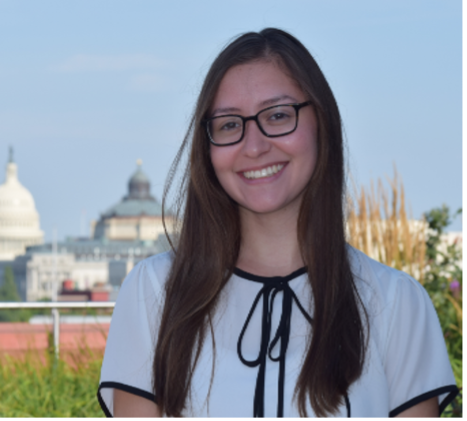
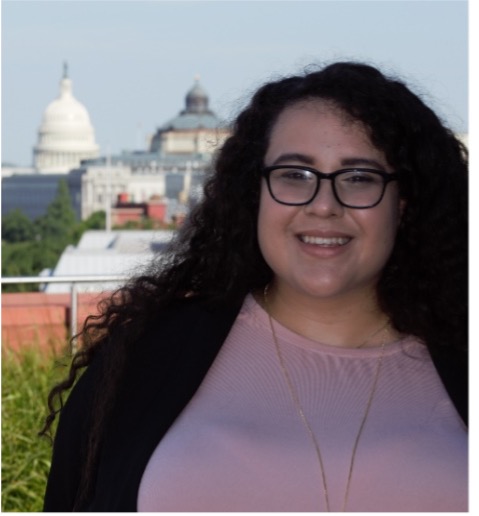
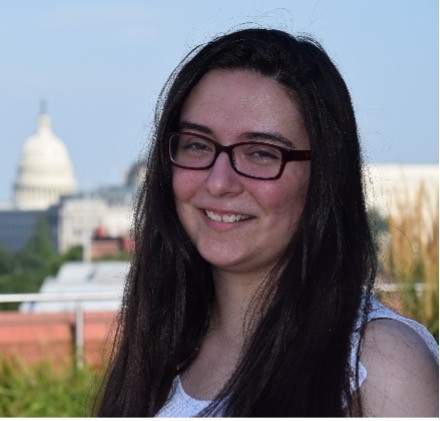
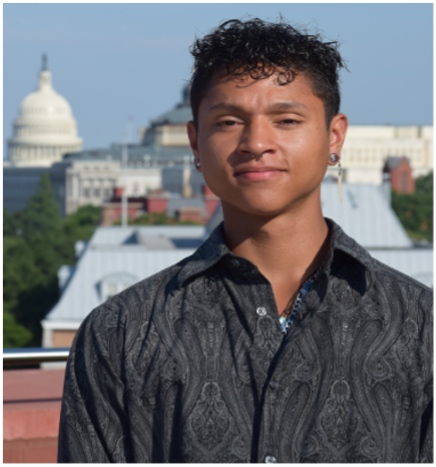
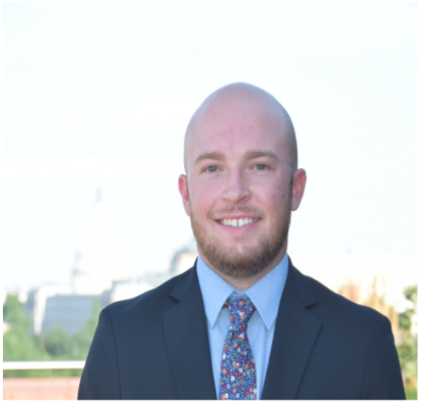
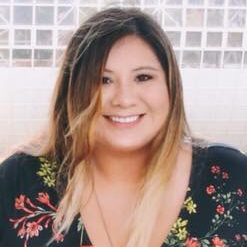 Aho!
Aho!